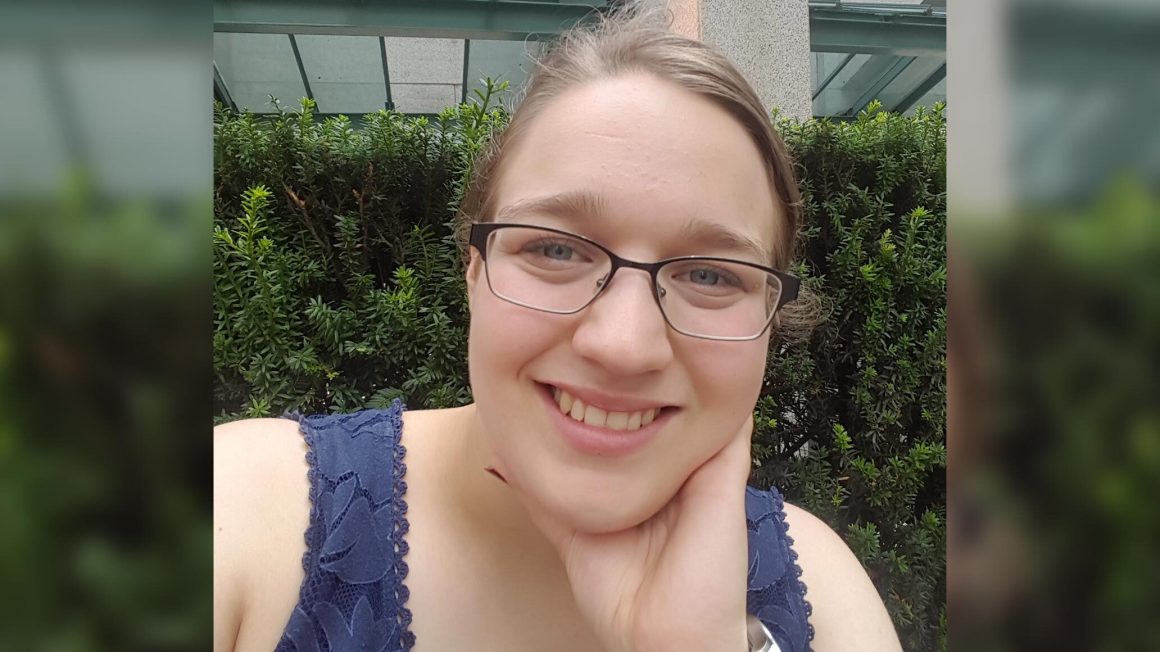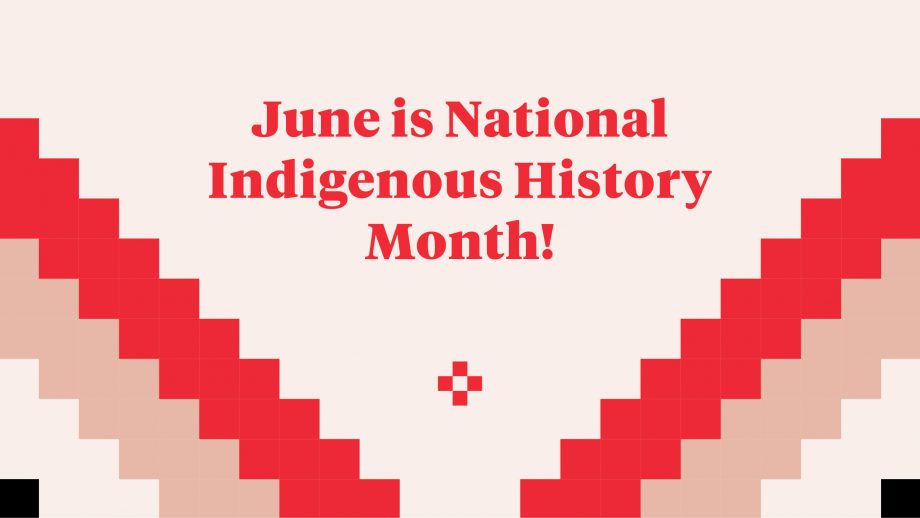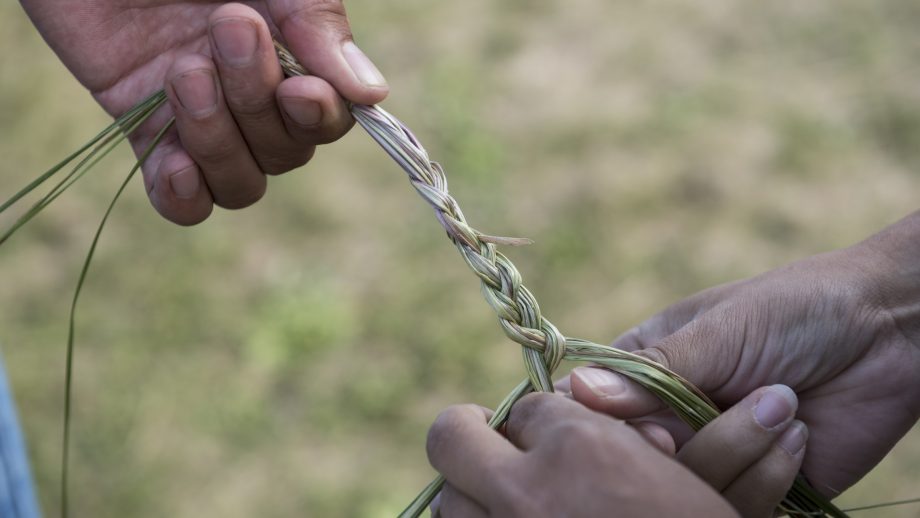Emily Gartner’s essay, Indigenization at the Manitoba Museum through Métis Exhibits, has been recognized with UWinnipeg’s 2020-21 Indigenous History Essay Prize.
I hope that people can use my essay as an example of the impact community consultation, partnership, and firsthand perspectives make in creating Indigenous exhibits.
Emily Gartner
This prize is awarded annually for an exceptional undergraduate essay written by a student enrolled in one of the Department of History’s Indigenous Course Requirement (ICR) courses. A three-person committee made up of ICR instructors adjudicates the essays and selects a winner.
“This superbly written and researched essay examines continuity and change in the portrayal of Métis people, as well as shifting voices and perspectives in exhibits on Métis history at the Manitoba Museum in Winnipeg,” said Dr. Roland Bohr, a member of the Department of History Indigenization Committee.
Gartner’s essay, which was written in Dr. Ryan Eyford’s course History of the Métis in Canada (HIST-3525), focuses on three of the permanent exhibits at the museum that showcase Métis heritage.
The earliest of these is the Métis Bison Hunt Diorama in the Orientation Gallery, which opened in 1970, followed by the Métis Kitchen Exhibit, which opened in 1998, and the Ni Kishkishin/I Remember Ste. Madeleine Exhibit, which opened in 2019.
The essay compares these different exhibits and links them to various scholarly publications, including the works of Ruth Phillips, Brenda Trofanenko, and others who have examined and discussed Indigenization of museums over the last fifty years.
Gartner shows how Métis exhibits at the Manitoba Museum have changed since 1970, in accordance with wider patterns of increasing Indigenous representation and leading participation in museums and other heritage institutions.
“I hope that people can use my essay as an example of the impact community consultation, partnership, and firsthand perspectives make in creating Indigenous exhibits,” she said. “I also hope they take away an understanding of how museums in Canada have changed how they portray Indigenous history and culture over time, along with who they choose to curate the exhibits.”
Over the last few decades, the Manitoba Museum has made great strides and considerable efforts to cooperate and collaborate with First Nations, Inuit, and Métis communities, listening to their input on heritage management and portrayal to place their voices and concerns at the centre of the museum’s display designs.
“It was fascinating to learn about the Manitoba Museum’s involvement in changing how Indigenous history has been portrayed over the years,” she said. “It gave me more of a concrete understanding of what Indigenization looks like over time because the museum has such distinction between its older and newer exhibits. It also showed me what museums can do to be further involved in reconciliation and education in a tangible way.”
Gartner completed her Bachelor of Arts (Honours) in early 2021. She hopes to continue her studies with post-graduate studies in public history or museum studies.
“I worked with many fantastic professors while at the university, who taught me about the role history plays in our society and encouraged me to continue with my education and move towards a career in museums, which I had not realized was a possibility for me ahead of going to the university,” she said.
The Indigenous History Essay Prize has been supported by the Centre for Rupert’s Land Studies for the past five years. Earlier this year, the award was formally established through The University of Winnipeg Foundation, ensuring its continuity and making it easy for other individuals and departments to support.
“The purpose of the award is to celebrate the students who are taking ICR history courses,” said Dr. Mary Jane McCallum, Chair of the Indigenization Committee in the Department of History. “Learning about the past has a vitally important role in understanding the world around us today. As ICR professors in the Department of History, we appreciate the care that students show for the past, and the work that they put into communicating about it. This is one way that we can publicly acknowledge that dedication.”
To contribute to the Indigenous History Prize, visit the UWinnipeg Foundation and type “Indigenous History Essay Prize” into the search bar to select the fund.





